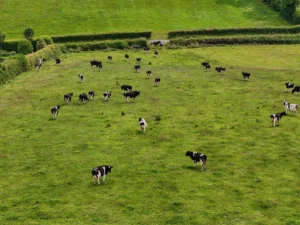
Cattle, greenhouse gases and the case for better methane metrics
Why the global warming potential of methane emissions from cattle production needs a closer look
A groundbreaking study, published in PLOS Climate in September 2023, suggests that agriculture has the potential to be carbon-negative by 2050. Changes in agricultural technology and management could not only slow down greenhouse gas (GHG) emissions but actually achieve net negative emissions, removing 13 billion tons of carbon dioxide (CO2) annually by 2050, the study found. (The world currently emits around 50 billion tons of CO2 equivalent each year.)
The study highlights the pivotal role of agriculture in combating climate change.
“One of the most powerful weapons against global climate change is our food system,” said Dr. Mark Lyons, president and CEO of Alltech, a leading global partner for sustainability in agri-food.
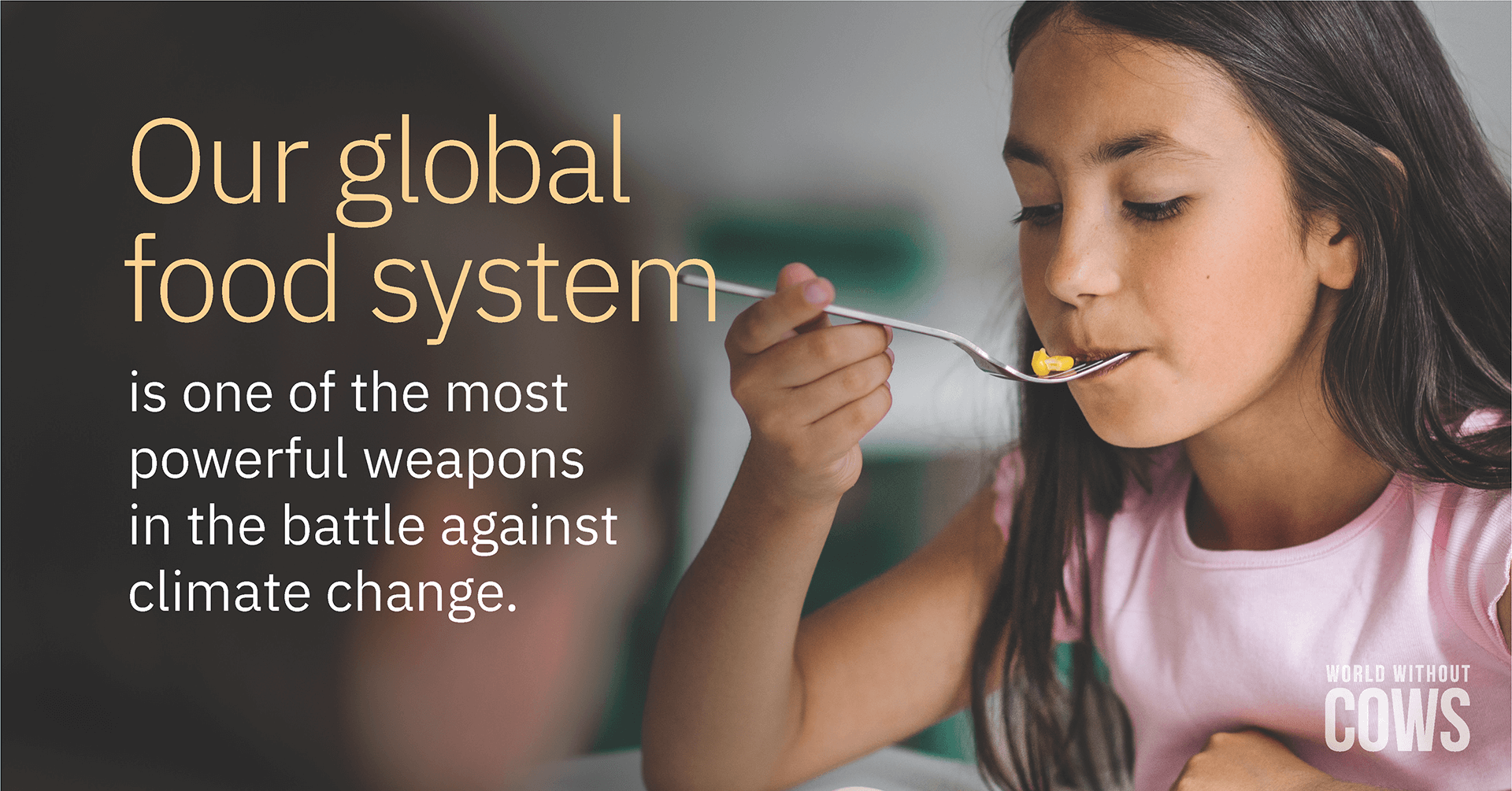
Organized by the World Wildlife Fund in collaboration with the National Center for Ecological Analysis and Synthesis and funded by The Rockefeller Foundation, the study explores the influence of consumer choices, climate-smart agro-industrial technologies, and reducing food waste as means to achieve these negative emissions.
“We need to move beyond silver-bullet thinking and rapidly test, verify and scale local solutions by leveraging market-based incentives,” said co-lead author Professor Benjamin Houlton, dean of the College of Agriculture and Life Sciences at Cornell University.
The researchers used a global food system model to assess the impact of various factors on GHG emissions, including dietary changes and agricultural technologies. While dietary changes had minimal effects on carbon sequestration, the study identified promising technologies for achieving net negative emissions: hydrogen-powered fertilizer production, innovative livestock feeds, organic and inorganic soil modifications, agroforestry and sustainable seafood harvesting practices.
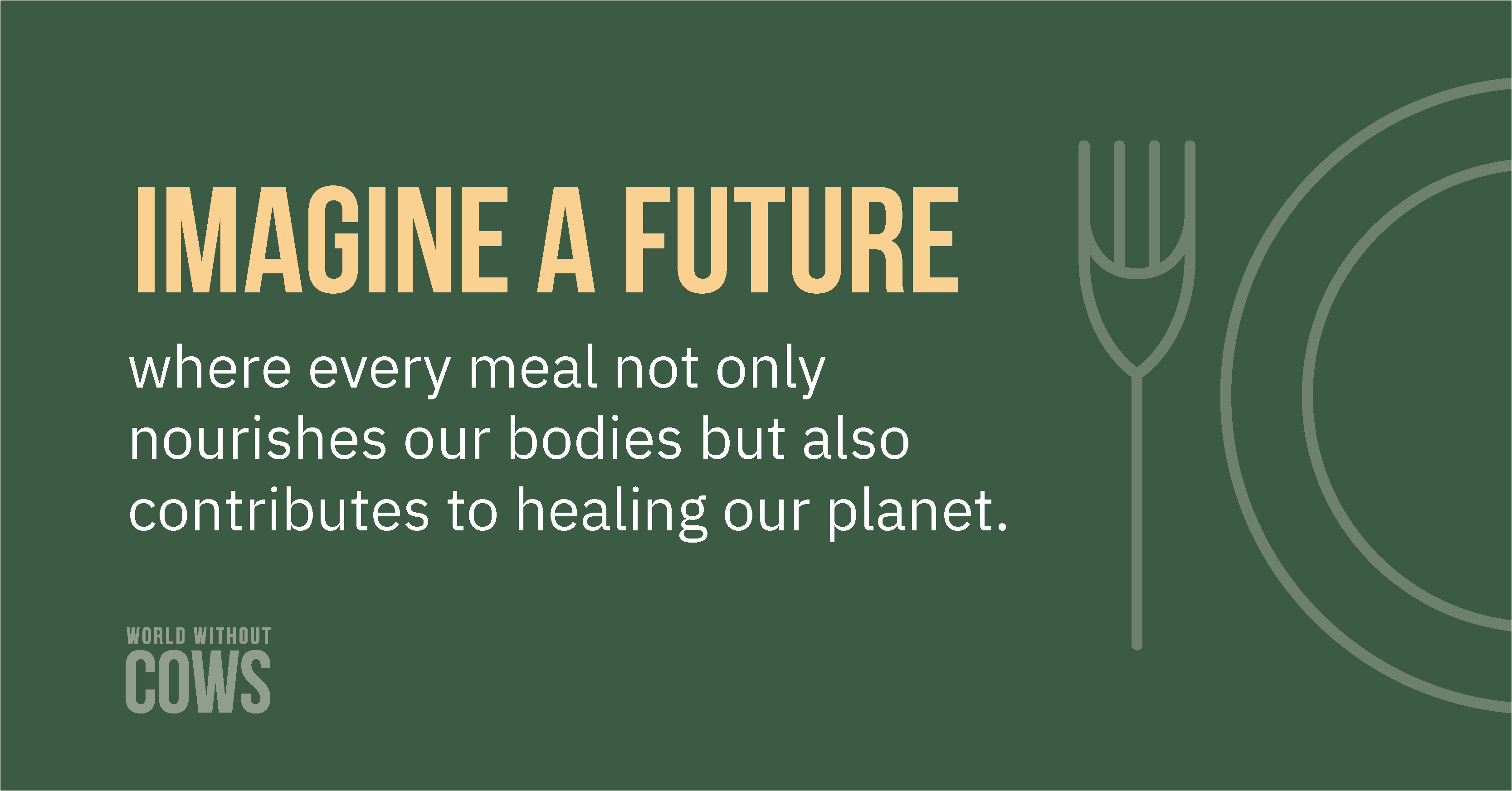
Agriculture, which contributes about a quarter of global GHG emissions, has the unique ability to reduce its own emissions and capture and sequester emissions from other industries. This makes agriculture a powerful tool in the fight against climate change.
The study emphasized the need to focus on soil health, advanced nutrition, pasture management practices and the adoption of climate-smart technologies to enhance carbon capture in the agriculture industry.
Agricultural technologies and practices required to increase carbon capture could be “regionally down-scaled according to local culture, economics, technology readiness and agricultural management capacities,” the PLOS Climate study concluded.

Why the global warming potential of methane emissions from cattle production needs a closer look
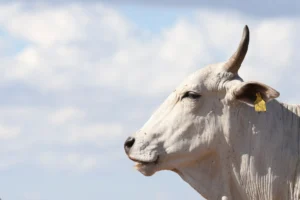
At COP30, the world’s eyes are on Brazil, and the cattle ranchers leading a global transformation.
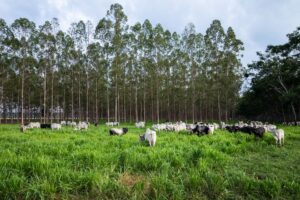
Restoring 40 million hectares of pasture could feed billions and ease pressure on the Amazon. Is the world paying attention?
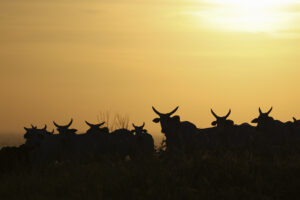
New mini-doc explores deforestation, food security and the Brazilian cattle sector’s path to a more sustainable future
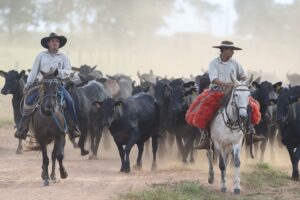
Mention Brazilian beef, and you’re likely to spark discussion about familiar themes: deforestation, emissions and blame. What do we find when we dig deeper? Here are the answers to five top questions about Brazil’s role in protecting the Amazon and feeding the world.
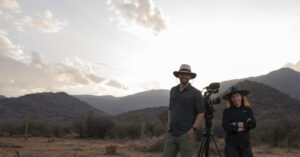
From science to the big screen: Discover how a single question grew into a global journey.
As climate change intensifies and the world’s population continues to grow, the pressure on our global food production system mounts. You can play an active role in shaping a more sustainable planet for future generations. Fill out the form below to learn more about how you can partner with us.
Receive notifications about the release date, new online content and how you can get involved